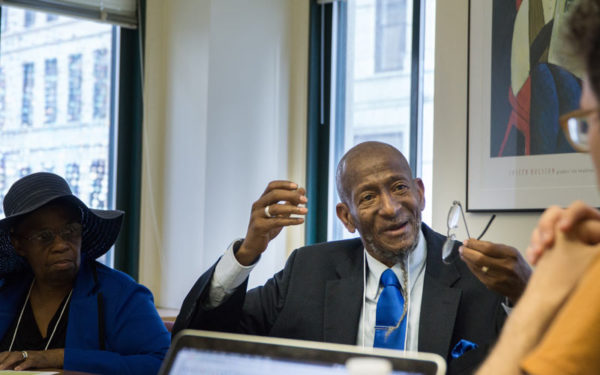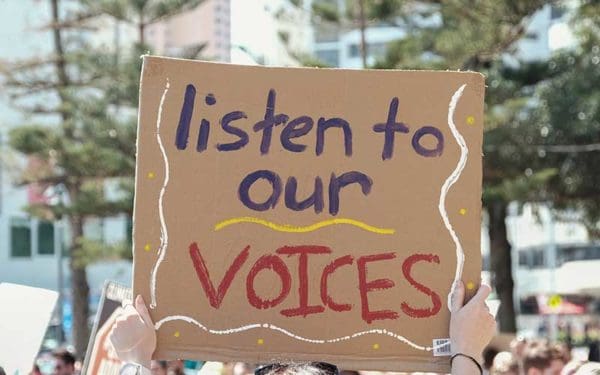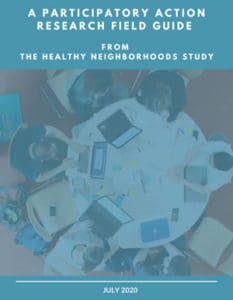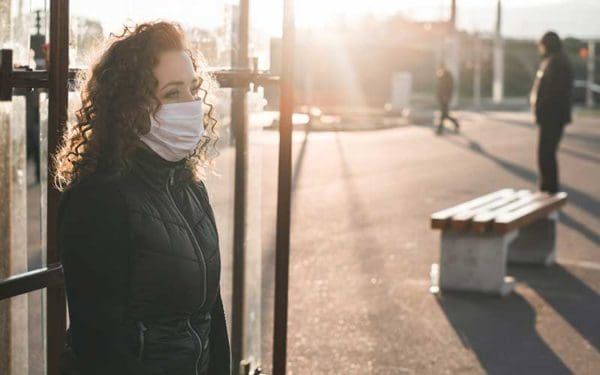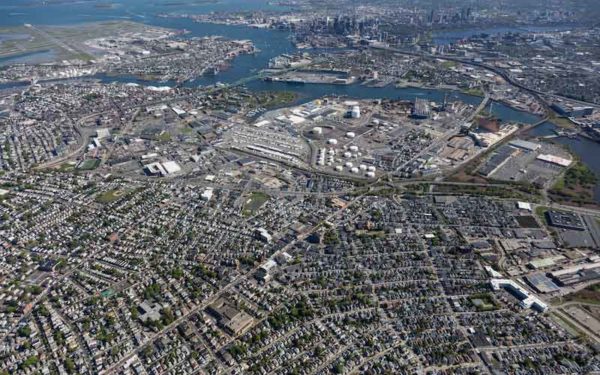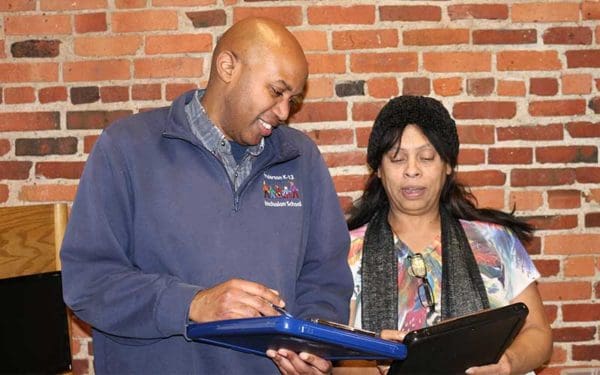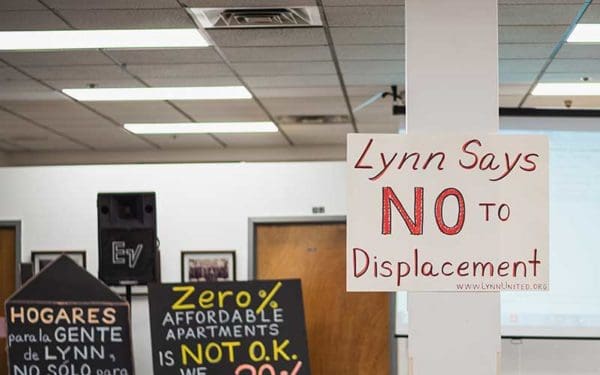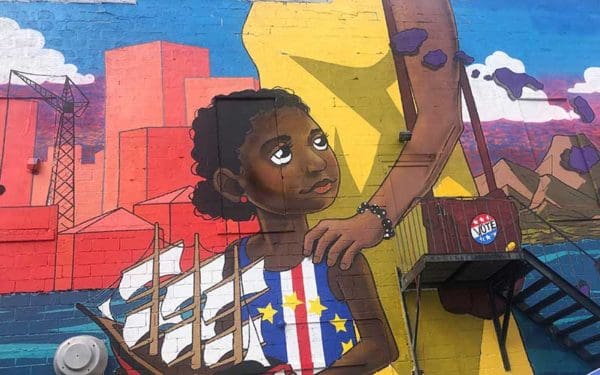May 24, 2021
Like COVID-19, severe heat waves are not an equal opportunity health threat. The most disinvested neighborhoods — those dominated by buildings, pavement, and parking lots — are hit the hardest. The built environment of these places absorbs and traps heat, creating a “heat island effect” that makes them dangerously hotter than other neighborhoods while worsening their air quality.
Apr 02, 2021
Resident Researcher, Carl Baty, shares how the Healthy Neighborhoods Study is turning research into action and disagreements into long-lasting friendships in his community.
Nov 17, 2020
I grew up in communities that needed environmental justice the most. I also lived in neighborhoods that already had the resources and ability to make change. Still, I didn’t understand the difference or know what the environmental world called the movement until later in life. I could only connect the dots when I had more access to education and a framework for understanding the issue.
Jul 21, 2020
This Field Guide describes how the partners in the Healthy Neighborhoods Study do research in 9 communities in Greater Metropolitan Boston. The project uses the Participatory Action Research (PAR) approach, which is grounded in the idea that the people who are most impacted by a problem are in the best position to understand and solve that problem. After years of research together, we wrote this guide for other communities interested in Participatory Action Research.
Jul 14, 2020
Like COVID-19, severe heat waves are not an “equal opportunity” health threat. The most disinvested neighborhoods — those dominated by buildings, pavement, and parking lots — are hit the hardest. The built environment of these places absorbs and traps heat, creating a “heat island effect” that makes them dangerously hotter than other neighborhoods while worsening their air quality.
Jun 10, 2020
COVID-19’s unequal impact on our communities has laid bare stark realities about health, wealth, and housing. As our Healthy Neighborhoods Study has shown – and as the map of COVID-19 infections bears out – low-income and people of color face community-level stressors resulting from public health inequities and environmental injustices. These stressors result directly from decades of discriminatory housing policy.
May 14, 2020
Even as we mourn the lives lost to COVID-19 and absorb the heavy toll it has taken on our economy, we must recognize that the old “normal” left too many communities unhealthy and especially vulnerable to the pandemic. Replicating that old “normal” will squander an opportunity to reduce climate danger while building healthier and more just communities for all.
Feb 12, 2020
CLF’s Healthy Neighborhoods Study is powered by resident researchers, who play a key role in designing and conducting the study and in sharing it with their neighbors. Cliff Bennett, JoAnn Diaz, and Mela Miles, part of the research team on the ground in Roxbury, discuss what the survey means for their community.
Jan 13, 2020
A shared understanding of the challenges created by gentrification help Lynn residents come together and fight for healthy housing.
Dec 16, 2019
CLF’s Healthy Neighborhoods Study shows that health goes beyond one’s diet or exercise regime. A healthy community has engaged, active residents who believe they can influence changes in their neighborhood that directly impact their lives. In 2018, our data found that health is linked to social support, housing stability, and even civic engagement and community… Continue reading Researchers Bring the Power of Data Home

